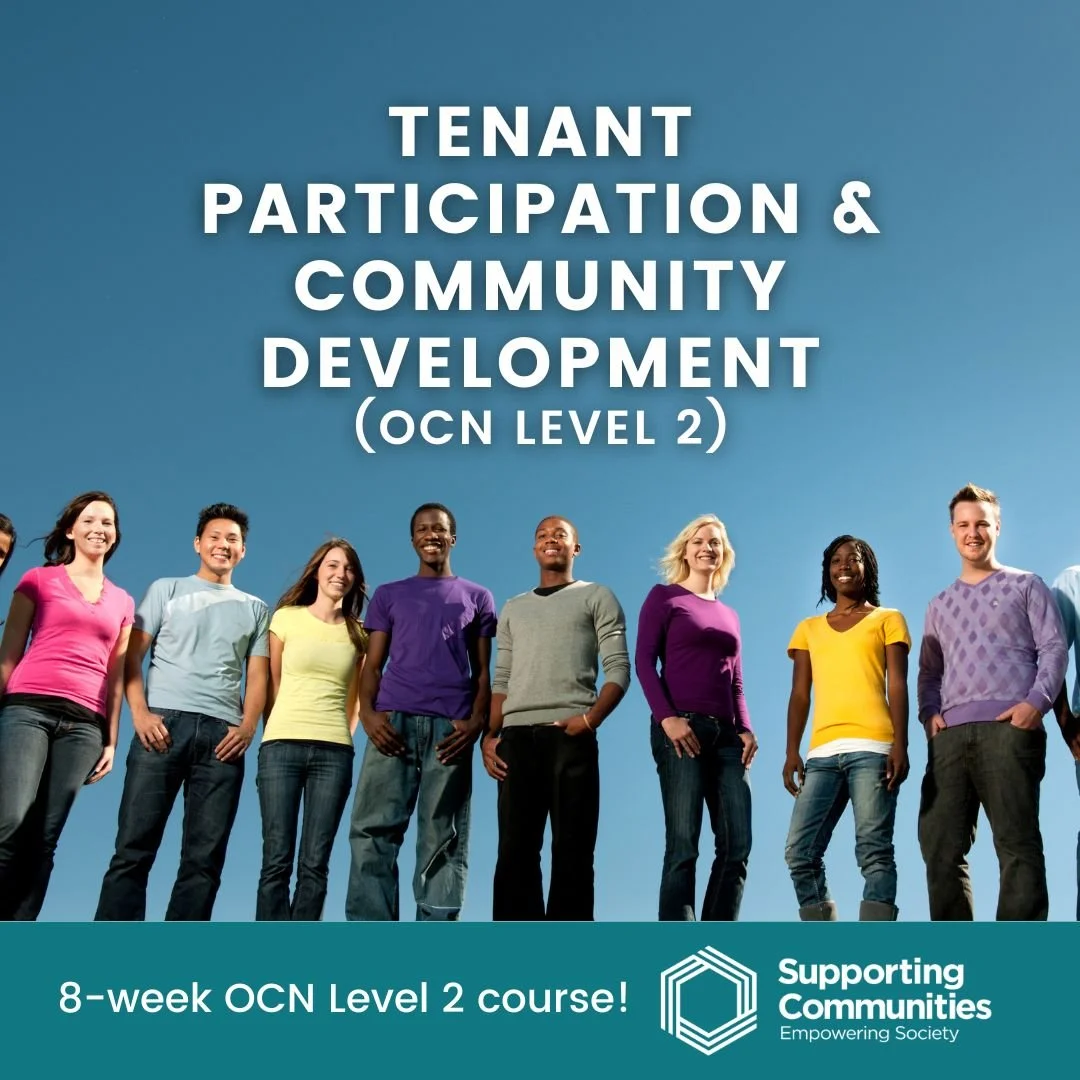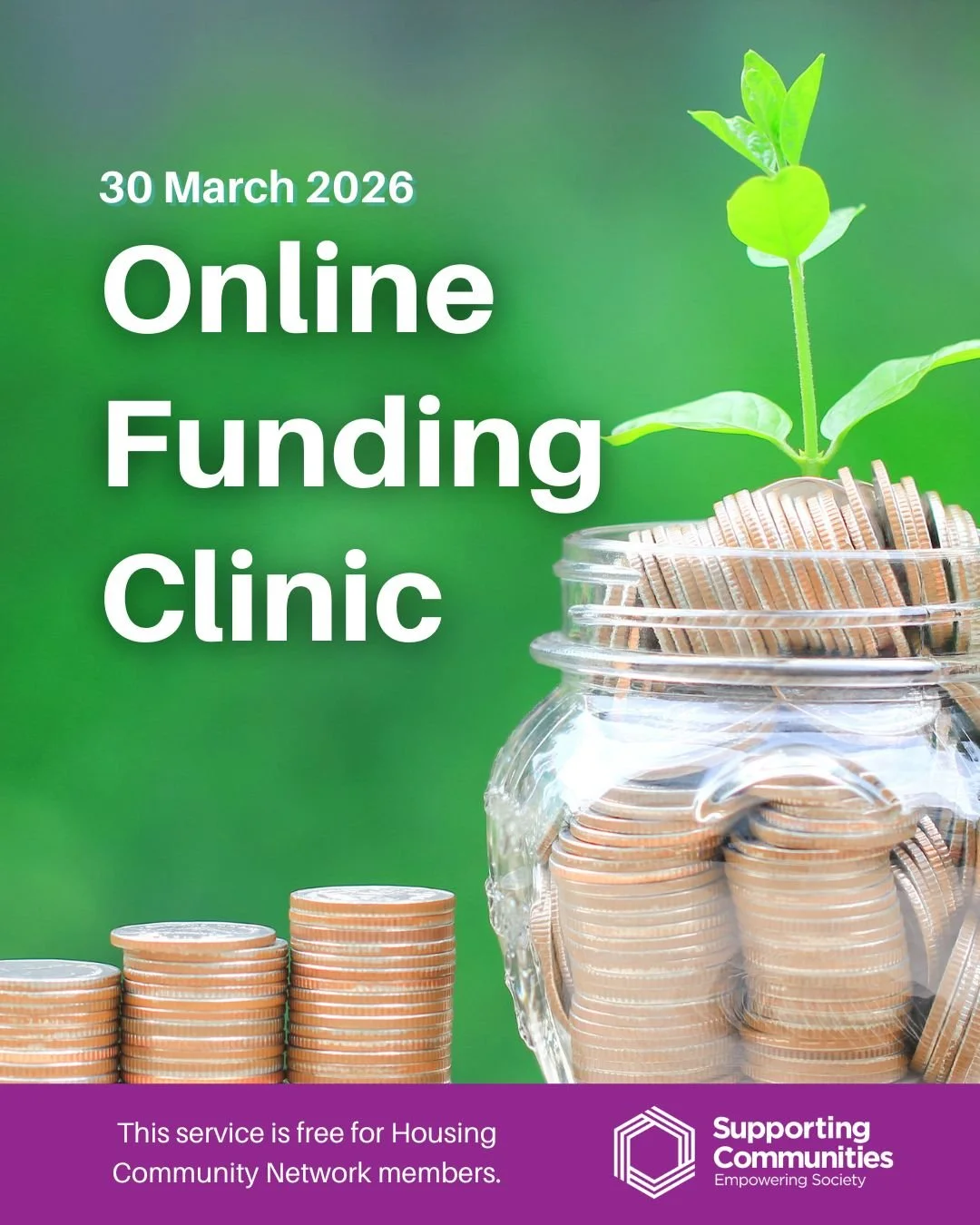How to Understand Your Constitution
Why do You Need a Constitution?
When a group of people come together to form a Community Group, they must consider its aim and purpose. If this includes plans to hold a bank account and receive funding and/or donations, a constitution is necessary.
A constitution will outline the aims, objectives and normal rules of your group and must be agreed upon and adopted at a public meeting. A constitution provides formal legal status to your group and is an essential prerequisite to applying for registration as a charity in Northern Ireland.
The Charity Commission for Northern Ireland
All constituted groups must apply to the Commission for registration as a charity in NI. This is regardless of the group’s income, size, or whether it has received charitable tax status from HMRC. There are no exceptions or exemptions to applying for charity registration.
For more information on the Charity Commission for NI registration and annual returns, please visit www.charitycommissionni.org.uk.
What’s included in your Constitution?
A constitution should include the following information:
1. NAME: When deciding on a name, consider the area the group is set up to represent. Remember, the name you state on your constitution needs to be the same as the name on your bank account.
2. OBJECTS: This section explains the purpose, aims and objectives of your group. You will need to use the wording of this section when registering with the Charity Commission for NI.
3. MEMBERSHIP: This section sets out what makes someone a member of the group. For example, membership of your group may be open to all residents of a particular estate. This section also explains voting rights, membership fees (if applicable) and how memberships can be terminated.
4. MANAGEMENT COMMITTEE: This section sets out:
Who can be represented on the committee
How the committee is nominated and elected (including co-options)
The minimum and maximum number of committee members allowed
Election of office bearers
How often the committee should meet
Remember, committee members are known as charity trustees when applying to the Charity Commission for NI.
5. FUNCTIONS OF THE COMMITTEE: This section outlines how your group should operate, including the appointment of subcommittees as required.
6. CHAIRING MEETINGS: This section outlines who chairs your meetings and, in the absence of the Chairperson, who takes on that role.
7. FINANCE: This section outlines how your group manages its finances. It sets out:
What money can be spent on
Details of your bank account
How payments are authorised
How accounts should be kept and scrutinised (i.e. annually by an independent examiner or auditor)
Your group’s financial year
8. ASSOCIATION PROPERTY: This section provides guidance to groups who hold property or substantial monies and states how this should be managed. There may be cases where specific trustees must be appointed to look after these interests. This section explains the appointment of such person/s and their role. If you decide to appoint Trustees, you will be required to sign a 'Deed of Trust'.
9. ANNUAL GENERAL MEETING: This section outlines when an AGM should take place and what items should be included on the Agenda.
10. SPECIAL GENERAL MEETINGS: This section outlines how and when to hold a Special General Meeting.
11. RULES OF PROCEDURE AT ALL MEETINGS: This section sets out the following requirements for all meetings:
Voting
Minute taking
Number of people required to hold a meeting/make a decision (quorum)
12. ALTERATIONS TO THE CONSTITUTION: This section provides guidance should you want to make changes to your constitution. This outlines the notice required and the voting procedure. If your group is registered with the Charity Commission for NI, you must update them on these changes.
13. DISSOLUTION: This section details the procedures your group must follow if it wants to close. It also advises how assets should be transferred.
14. INDEMNITY: This section explains the importance of having proper insurance for the group, indemnifying its members in relation to any possible claims brought against it in connection with its activities.
Other Useful Information:
Your constitution must be signed and dated.
Committee members are responsible for ensuring they understand the contents of their constitution.
It is good practice to provide committee members with a copy of the constitution.
Sample Documents
The Charity Commission website provides examples of governing documents to help you develop your own. Find them here: https://www.charitycommissionni.org.uk/start-up-a-charity/model-governing-documents/.







